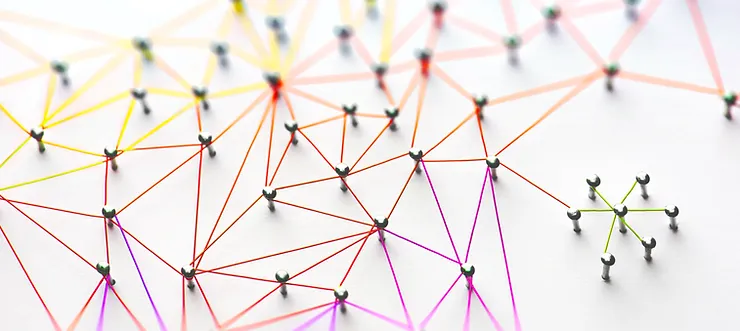Networking for those People who Hate Networking
Regardless of if you are a student, a working professional, a job seeker, or a business owner, networking is one of the most important activities that you can engage in. But why does networking get such a bad rap and make most people experience a repulsing cringe? I think it boils down to the perception that we hold about networking and the beliefs that we have about what it takes to be an effective one.
As a career development coach, I have heard many clients and colleagues use the following adjectives when describing an exceptional networker. Someone who is:
· Charismatic
· Highly social and engaging and
· Incredibly interesting.
The belief that you must possess all those qualities to be an effective networker can create barriers and avoidance of doing it. I hope that after you review this article that you will adopt a new perspective on networking and have one takeaway action step to use to become a better networker.
So, let us start with a definition of what is networking. According to businessdictionary.com, they state that networking is about “Creating a group of acquaintances and associates and keeping it active through regular communication for mutual benefit. Networking is based on the question “How can I help?” and not with “What can I get?”
Networking is about creating and sustaining relationships. It involves establishing relationships with people who you can help and can help you advance your career and business.
Leading with that definition, networking does not need to be or feel like a transaction – a sales exchange. Rather if you translate networking into being a way of helping and serving others, you remove a self-serving mindset and “taker” approach.
When you lead your networking efforts with the notion that you are there to “take”, you will not be successful because most likely it will turn people off. But when you focus on giving to others you will naturally reap the benefit.
One critical ingredient to giving and serving others is knowing what they need. And how do you best know what someone needs? You ask them and you listen for it.
Building and creating your networking community takes someone who is astute and an active listener. Exceptional networking is more about being interested in others rather than being interesting to them.
I am going to repeat that: if you want to be an effective networker you want to be more interested in others than being interesting.
So, the next time you are talking to a friend, colleague, or stakeholder I recommend that you dial up your listening antennas, stay attentive to listening for their needs, and store that information. You might even want to write it down. Listen for someone or something that they may need and reflect if you currently have any resources or connections to help. If not now, then in the future.
For example, do you have a friend who is interested in pursuing a certification in project management and you realize you work with a project manager in your organization? If so, connect your friend and your colleague with one another by making an email introduction to them both so that your friend can ask your colleague questions about the field. It also allows them to grow their networking communities.
Connecting and linking resources to people in your community to help them achieve their goals is the essence of networking.
So, let us recap:
Although, most people that I encounter shudder at the notion of networking here is a shift I would like you to take:
· Remember – networking is about building and sustaining relationships.
· Adopt a service mindset – networking is about how you can help others.
· The foundational ingredient to serving others is to be an active listener and be attentive to their needs and wants.
· Connect people together so they can thrive and grow.
Embracing the activity of networking in order to give and serve others will aid you in finding new meaning and purpose to it. As Anne Frank said, “no one has ever become poor by giving.”






